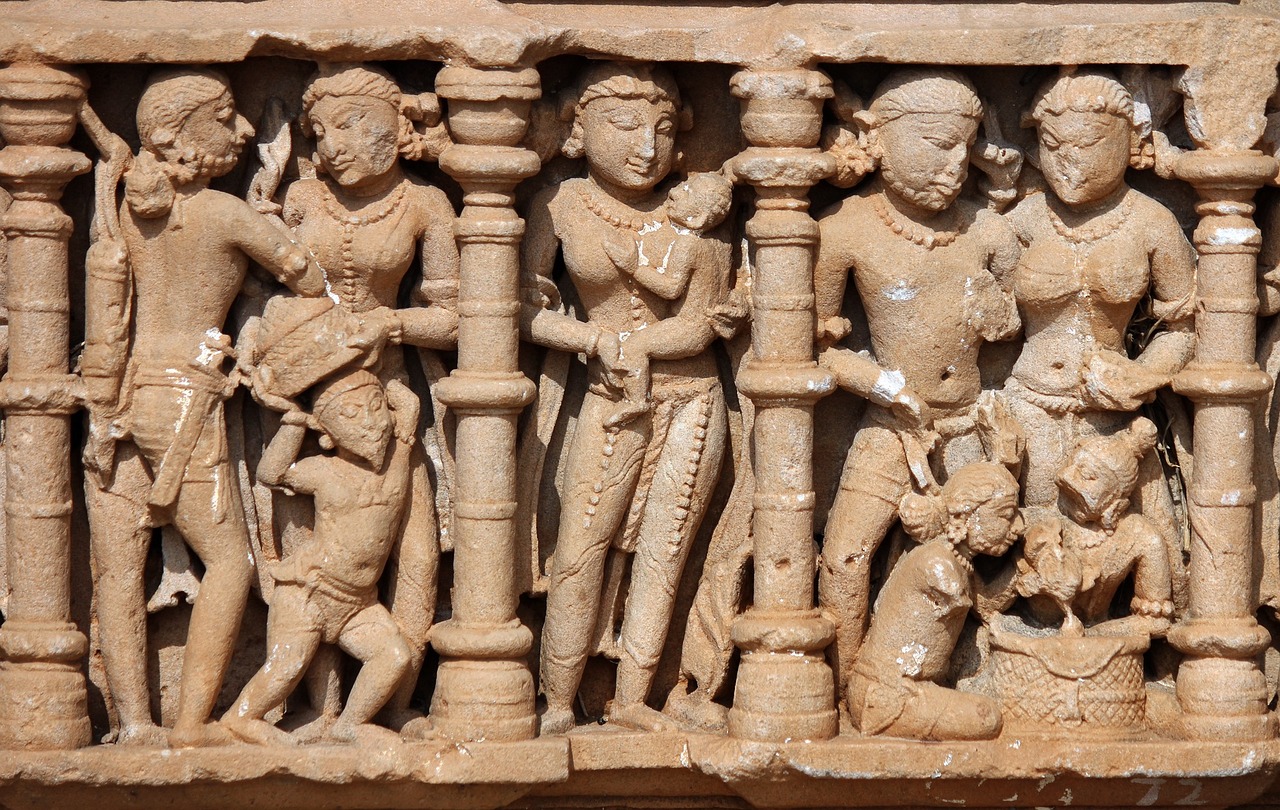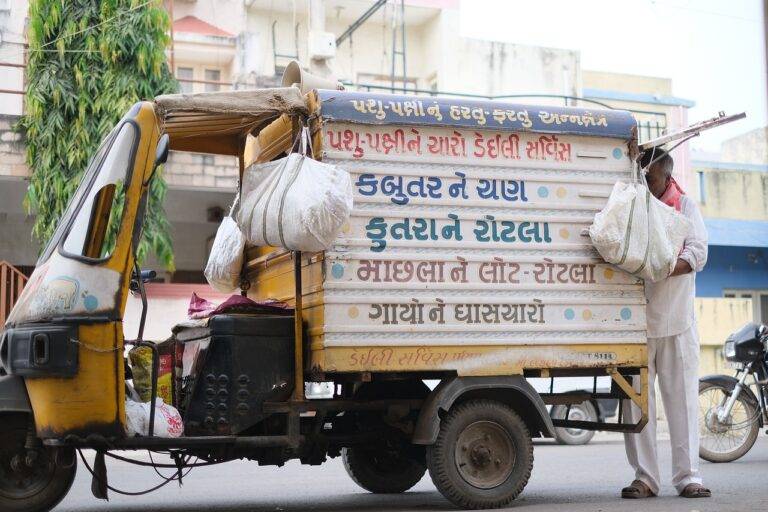Exploring the influence of campaign finance on voter turnout
Campaign spending has long been a topic of interest in the realm of politics, with researchers examining its potential impact on voter participation. Various studies have explored the relationship between the amount of money invested in election campaigns and the level of engagement from the electorate. While some argue that higher campaign spending can lead to increased voter turnout due to heightened awareness and outreach efforts, others suggest that excessive spending may have diminishing returns on mobilizing voters.
Proponents of the idea that campaign spending positively correlates with voter participation point to the extensive resources available to candidates for advertising, canvassing, and other outreach activities. These efforts, they argue, can help candidates connect with a wider audience and convey their policy platforms more effectively. However, skeptics contend that the influence of money in politics can also have negative consequences, such as drowning out the voices of lesser-funded candidates and alienating certain segments of the population.
The Impact of Super PACs on Election Turnout
Super PACs have become a prominent fixture in American politics, often pouring millions of dollars into election campaigns. While these independent expenditure committees are not allowed to coordinate directly with candidates, their financial influence can sway the outcome of elections. This influx of money from Super PACs can significantly impact voter turnout by saturating the airwaves with advertisements that can sway undecided voters.
Despite the restrictions on coordination with candidates, Super PACs can indirectly support their favored campaigns by funding negative attack ads against opponents. These ads can often create a divisive and hostile political atmosphere, potentially turning off some voters from participating in the election process. As a result, the aggressive tactics employed by Super PACs may inadvertently contribute to a decrease in overall voter turnout.
• Super PACs have a significant financial influence on election campaigns
• Super PACs can indirectly support favored campaigns by funding attack ads against opponents
• Negative attack ads can create a divisive political atmosphere and turn off some voters from participating in elections
• Aggressive tactics of Super PACs may contribute to a decrease in overall voter turnout
How Big Donors Affect Voter Engagement
Big donors have the potential to significantly influence voter engagement in elections. When candidates receive large sums of money from wealthy contributors, it can create a perception that the candidate is more viable or credible. This perception can sway voters to become more interested and involved in the election process.
Moreover, big donors often have specific interests or agendas they wish to promote through their financial contributions. These interests can shape the policies and priorities of the candidates they support, which in turn can impact voter engagement. Voters may feel more compelled to participate in the election if they believe that certain policies or issues important to them are being backed by influential donors.
How does campaign spending affect voter participation?
Campaign spending has been shown to have a significant impact on voter participation. Candidates who are able to raise and spend more money on their campaigns often have greater visibility and are able to reach more voters, ultimately increasing voter engagement.
What role do Super PACs play in election turnout?
Super PACs, which are independent political action committees that can raise and spend unlimited amounts of money to support or oppose candidates, have been shown to have a significant impact on election turnout. Their ability to pour large sums of money into advertising and other campaign efforts can sway voters and influence election outcomes.
How do big donors affect voter engagement?
Big donors, such as wealthy individuals, corporations, and special interest groups, have the ability to significantly influence elections through their financial contributions. These donors often have access to candidates and can shape campaign messaging and strategies, ultimately impacting voter engagement.







